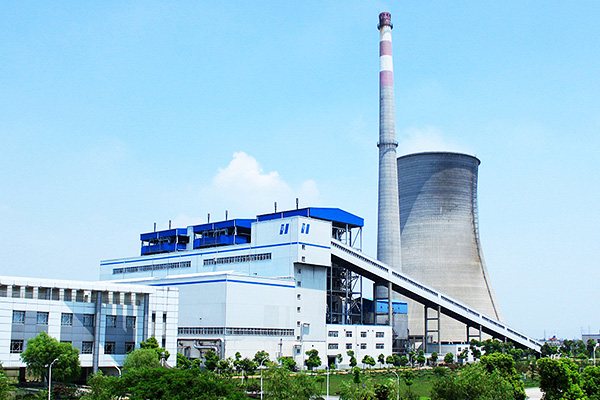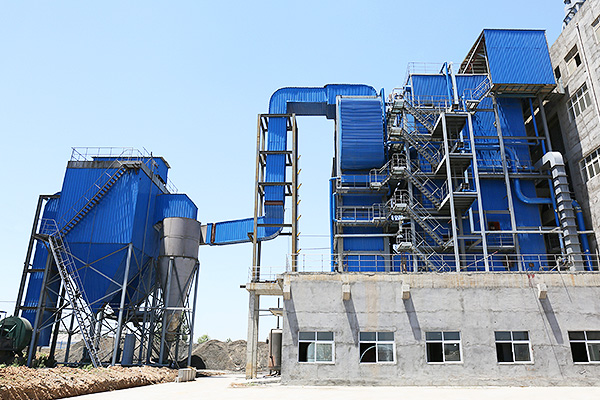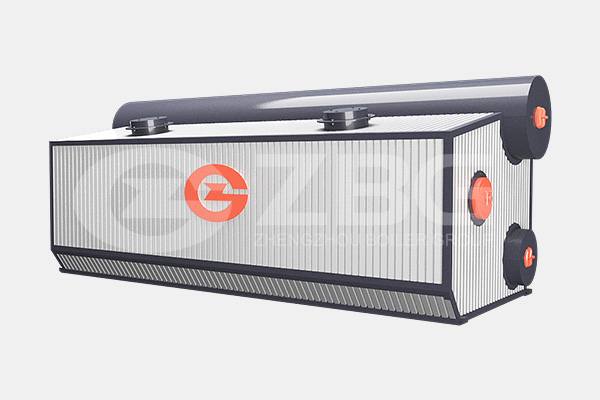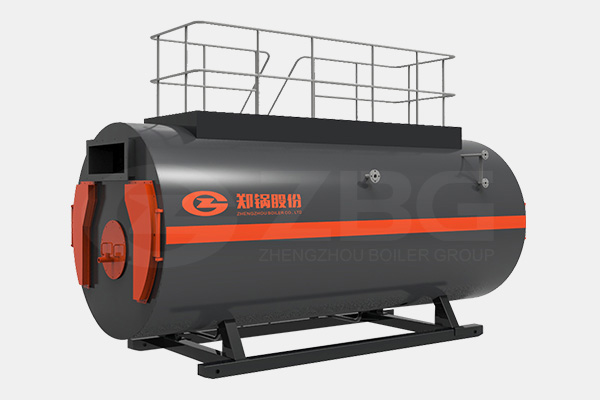How To Operate An Industrial Boiler Safely
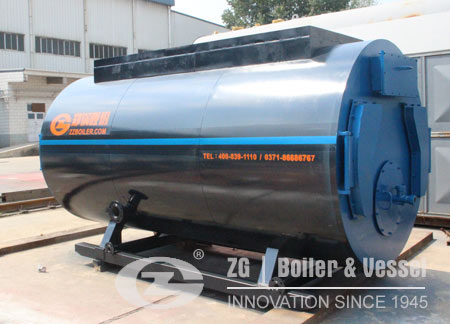
Industrial boilers are commonly used in most industries. The most important thing during productive process is safety. The worker who operate boilers should be trained to know how to inspect and maintain the equipment and prevent some accident effectively. The factors that lead to boiler accident including water level, heating temperature, corrosion and leakage in daily life, and some carelessness of operator and so on, so daily maintain is necessary.
Blow down
Blow down is necessary particularly for large scale boilers which contain large quantity of boiler water inside. Inadequate blow down will results in sludge accumulation and scale buildup, which will not only affect the boiler efficiency, but also lead to explosion because of being unevenly heated. Blow down too long time will waste a lot of heat and affect the heating steam pressure of the boiler. Generally speaking, we can blow-down every eight hours and not exceed 30s every time.
Boiler water
Lack of proper water pre-treatment for industrial boilers will results in accelerated corrosion or explosion. Faulty water treatment resulting in increased concentrations of dissolved sodium that leads to caustic cracking particularly in weld-zones. So proper chemical treatment is also required for boiler water.
Safety valves
The primary function of a safety valve is to protect life and property. Safety valves should be installed wherever the maximum allowable working pressure of a boiler is likely to be exceeded. The safety relief valves will work when the boiler operating beyond the safe operation scope. The safety valve operates by reducing the excess pressure in a safe manner when a predetermined maximum pressure is reached. Lack of maintenance or bad setting of safety relief valves will result in failure of valves, even explosion.
Water level
Daily maintenance of automatic control systems, such as water level monitors, temperature meter, pressure meter could ensure normal operation of boiler and prevent accident effectively. Low water usually results in overheating and loosening of tubes, collapse of furnaces, it can be detected and avoided maintenance procedures. A higher level will increase its moisture of steam, which will affect the steam quality even damage the steam equipment and production. All these factors will probably effect the boiler efficiency and service life. The water level should be kept in the range of 50mm higher or lower than designed value.
